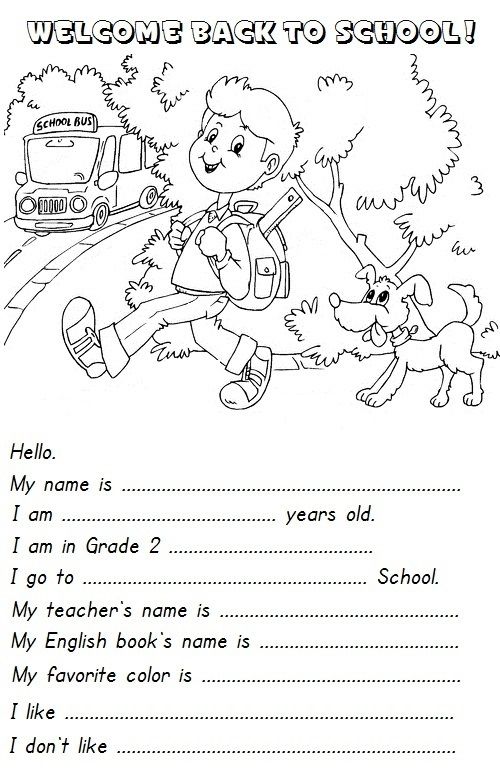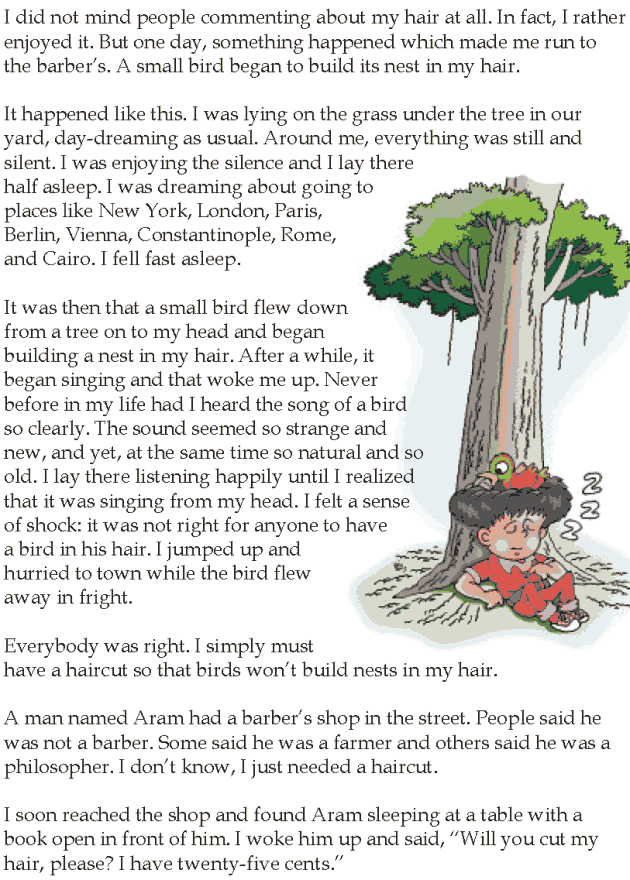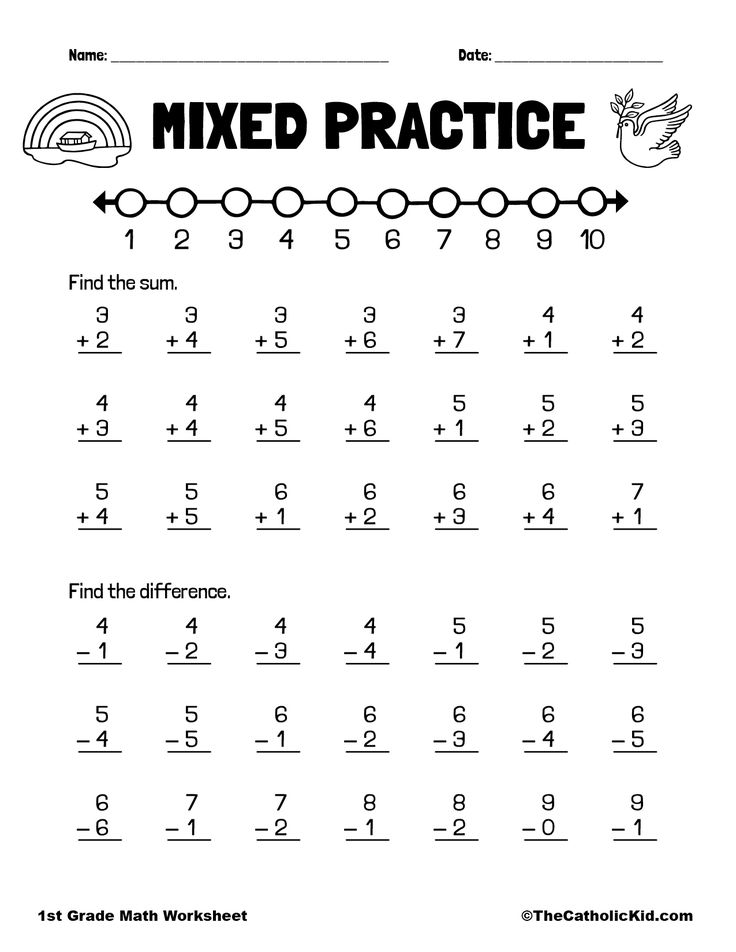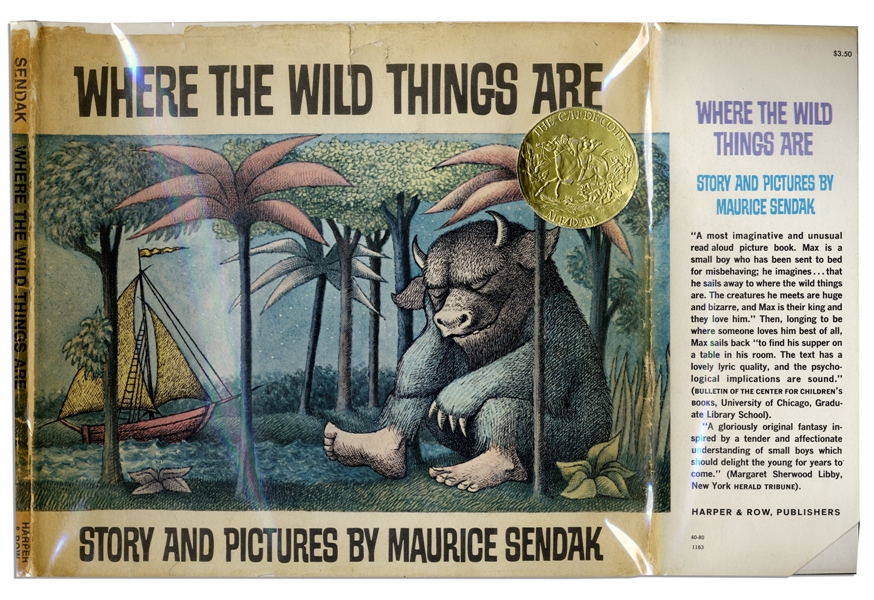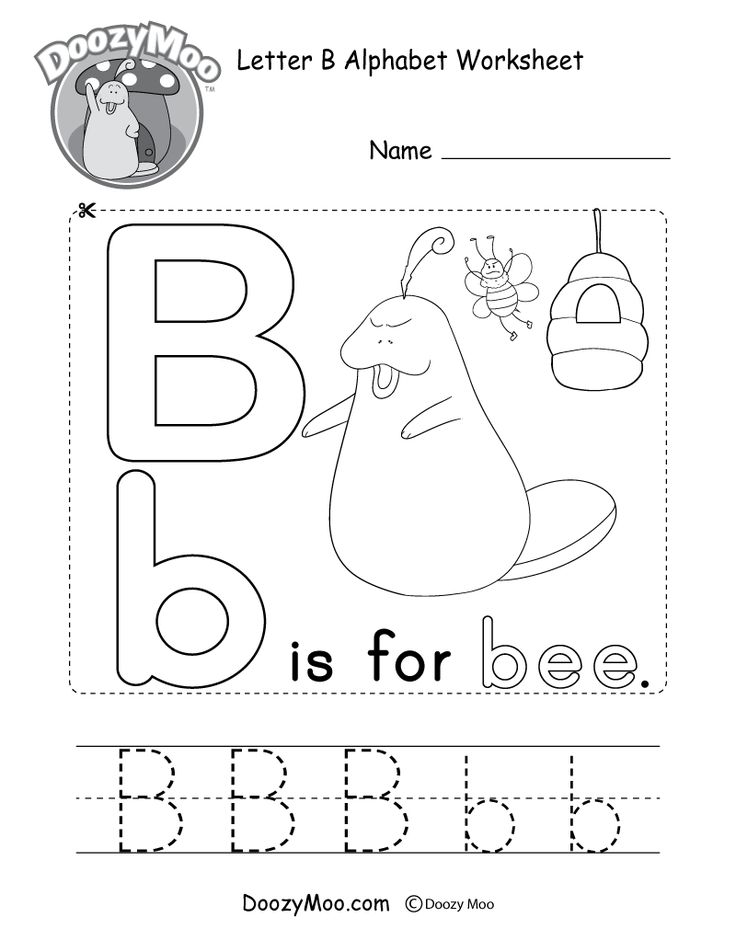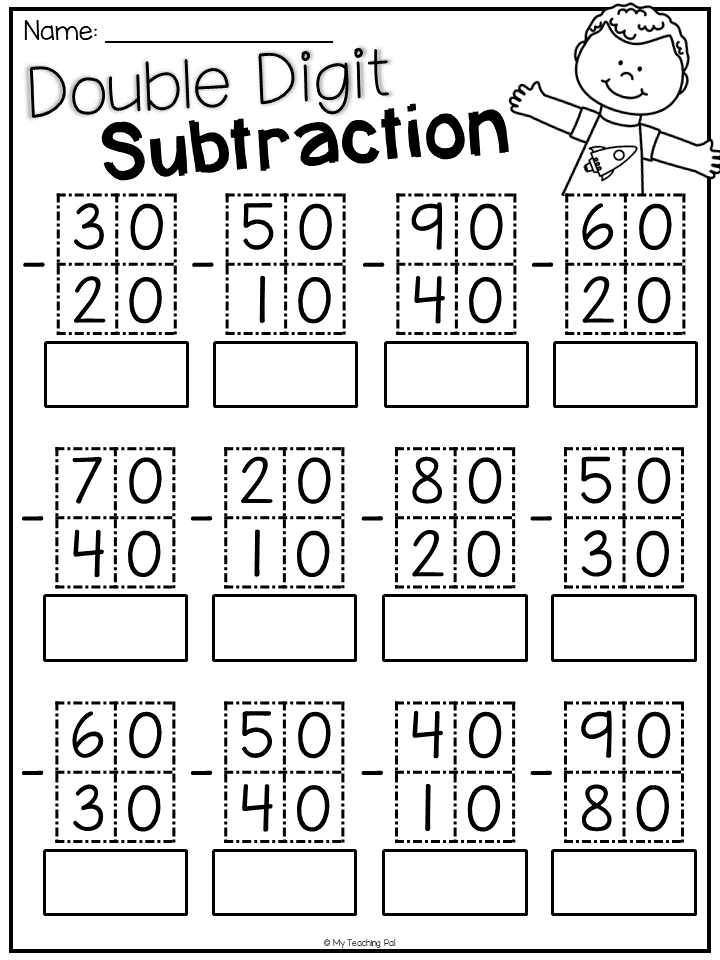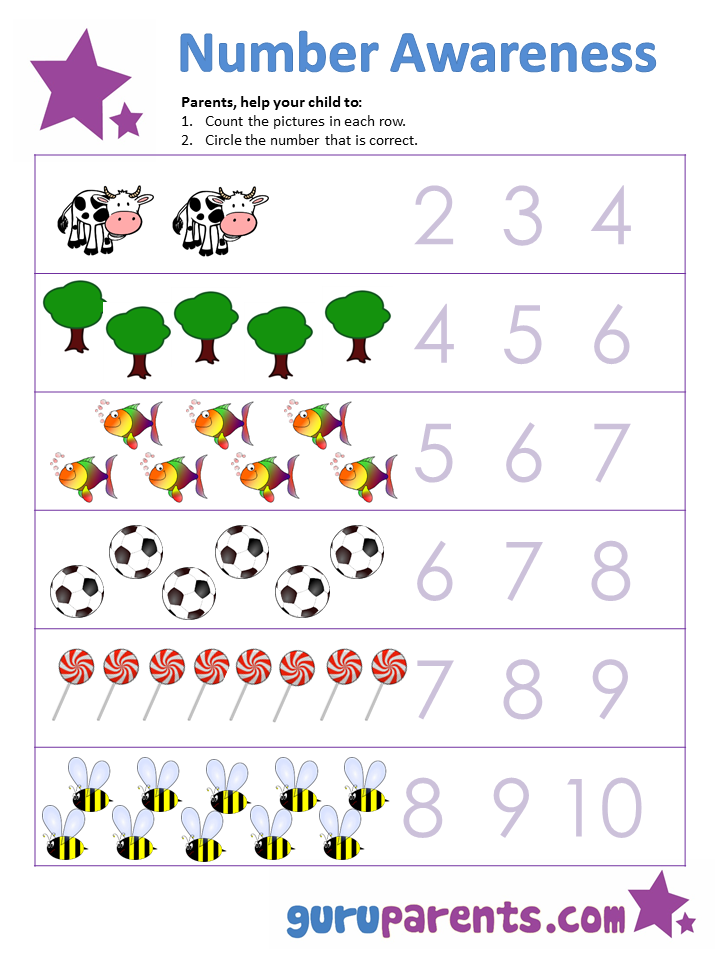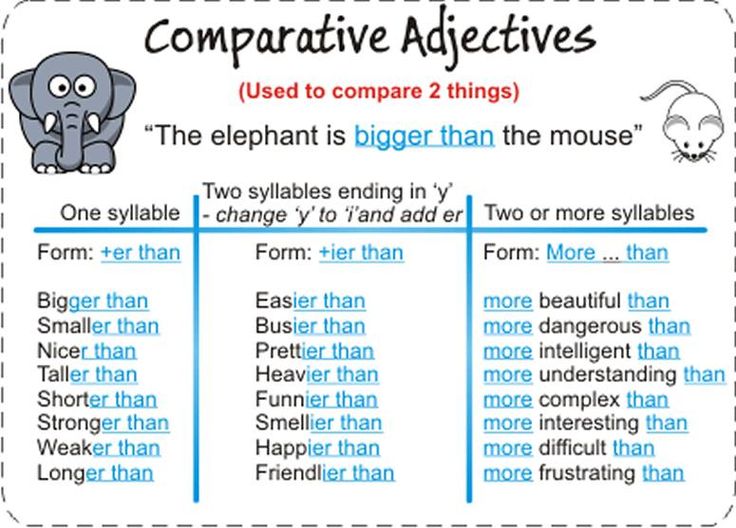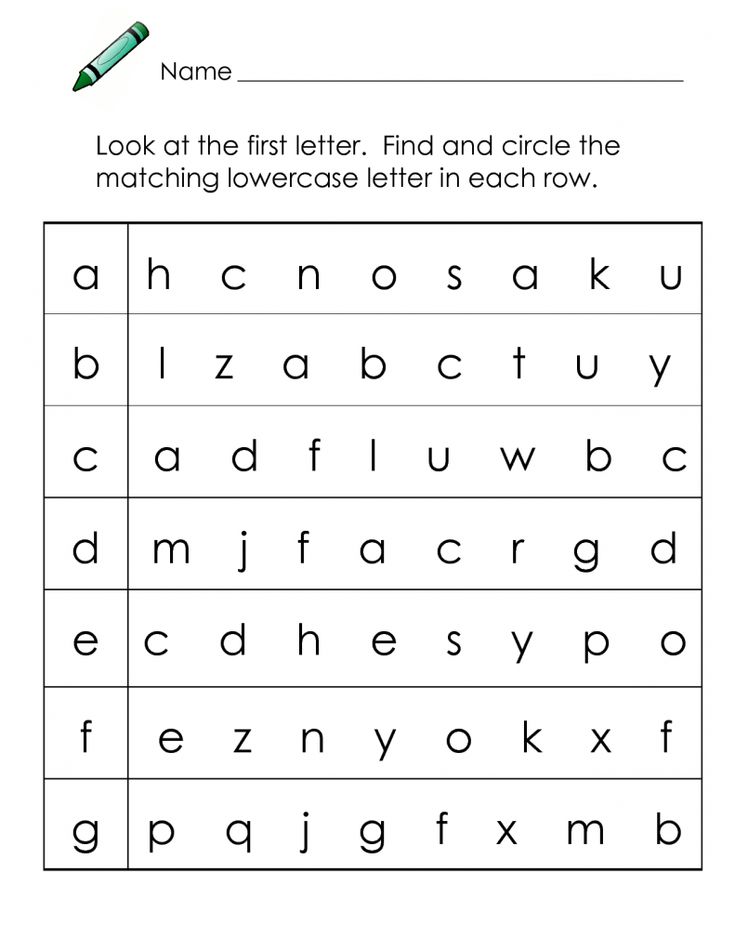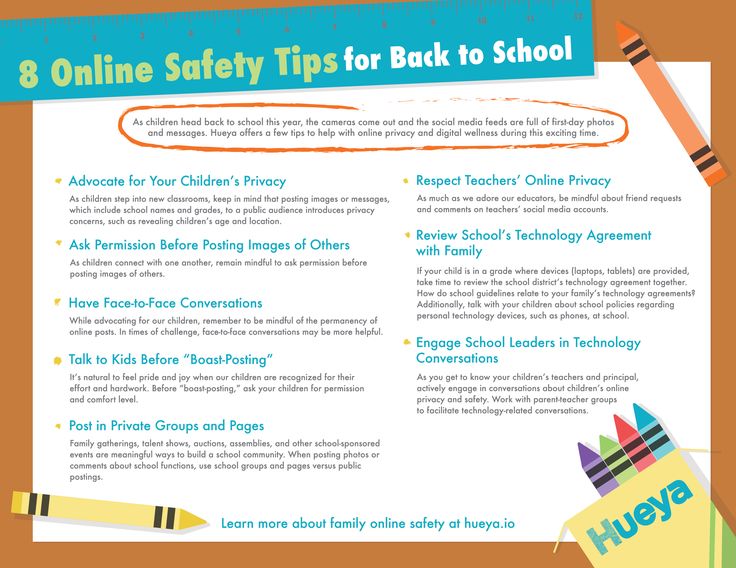What subjects are taught in first grade
5 Things to Taught to Kids in First Grade
It was like yesterday when you were walking your child to kindergarten. And now, they are ready to start the first grade. It’s such an emotional moment for a parent when their child achieves a milestone like first grade. But, it is also overwhelming and daunting for parents because they have no clue what is taught to kids in 1st grade?
First grade is a big transition for a child—from a playful and fun environment of prekindergarten, they are moving towards a more academically challenging environment. It can be a big shock for both parents and students.
Therefore, if your child is starting 1st grade this year, you should learn all about what is taught to kids in the first grade so you and your child can come prepared on the first day of school. This guide is a small step to help you understand what 1st grade will bring your way.
Reading in the 1st grade
Writing in the 1st grade
Math in the 1st grade
Science in the 1st grade
Social Studies in the 1st grade
Tips for 1st graders’ parents
So, What Is Exactly Taught to Kids in the 1st Grade?
You will find some variations in the first-grade curriculum around the states. However, basic subjects taught to kids in the first grade are mostly the same everywhere. Usually, students learn math, reading, writing, science, and social studies in the 1st grade.
You might find some minor changes in the first-grade curriculum in different district schools. However, here are fundamental topics that are taught to kids in the first grade:
Reading in the 1st Grade
Your kids have already learned different sounds and read small words during kindergarten. The reading level will increase in the first grade, and your children will learn more complicated words and sounds. They will also be asked to read paragraphs and answer questions based on them.
First graders are expected to read fluently and understand the information they read. Some of the other topics that the first-grade reading curriculum includes are:
- A comprehensive reading of the entire first-grade material.
- Re-telling stories provided in the academic books.
- Creating characteristics based on the stories.

- Learning the meanings of similar words and how to use them in a sentence.
- Distinguish between narrative and nonfiction texts.
Writing in the 1st Grade
The writing level in first grade will increase a couple of levels. As your child’s motor skills have already developed in the kindergarten, teachers will focus more on creative and inventive writing.
Teachers can ask their students to use their imagination and write something unique. They can also motivate students to understand the sound of words and write them. Besides this, handwriting improvement is one of the main agendas in the first-grade curriculum. Other things that first-grade writing lessons include:
- When to use lower and upper cases while writing.
- Correct usage of ending punctuation like full stop and question marks.
- The right way to use frequency words in writing.
- Make writing more detailed and comprehensive.
- Usage of descriptive words.
- Learn to write narratives with two or more sequenced events.
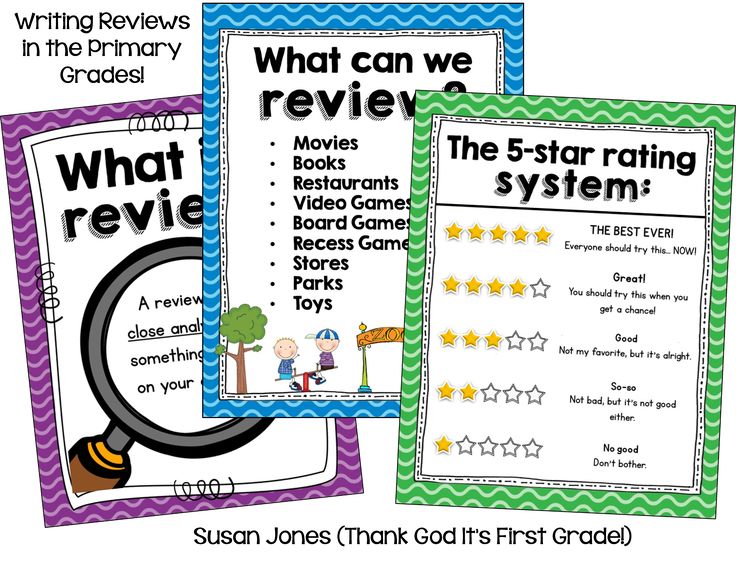
- Correctly spell the familiar words.
- Learn to edit their writing.
Math in the 1st Grade
Your children already know how to count, recognize numbers and organize them into different groups. So, all the previous math concepts will be revised in the first-grade math curriculum. After that, teachers will introduce more problem-solving and common addition or subtraction problems to your child.
In the first grade, teachers are more focused on setting the foundation for advanced math learning. Thus, they will teach your child:
- Addition and subtraction for small or single numbers.
- Counting money.
- Learn to see time on an analog clock.
- Identify different shapes.
- Recognize coins and currency notes.
- Solve simple word math problems.
- Learn to read, write and count numbers more than 100.
- Understand base values.
- Count numbers based on their tens or one’s place.
- Compare two or more objects based on length, weight, and volume.
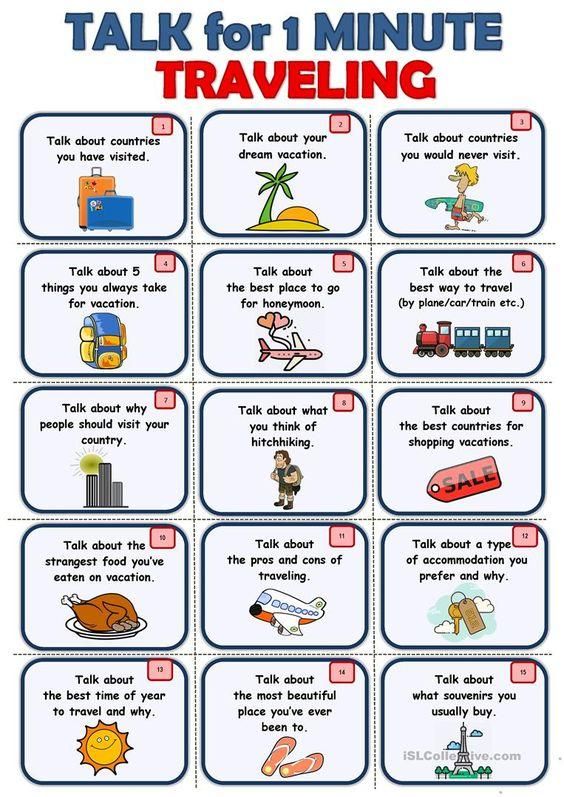
- Find more than and less than a given number with the usage of the symbols =, <, or >.
Science in the 1st Grade
Your child will learn more about life science and natural science in first-grade science. The teacher will introduce basic science concepts in the 1st grade using pictures and intuitive experiments, such as:
- The life cycle of a butterfly.
- Learn about animals and insects and their characteristics.
- Understand the earth like weather, climate, rain formation, etc.
- Basics of physical science and different properties of gas, liquid and solid.
- Introduction to common measurement tools like thermometers.
- Weather patterns.
- Environmental science.
Social Studies in the 1st Grade
Social studies is one of the important subjects taught in the first grade. This subject helps students develop social skills and understand how communities worldwide work. Some of the basic social science concepts taught in the 1st grade are:
- How many states are in the country?
- How do neighbourhood and local communities help to form a city?
- The concept of a community.

- Information about public and private institutions like libraries, public healthcare facilities, etc.
- The way various community components work together as a cohesive unit.
Tips for 1st Graders’ Parents
If you are stressed about your little one starting first grade, you should first relax. If you start to panic, your children will automatically start to feel pressure. Besides this, here are some simple tips that first graders’ parents should follow:
- Visit the school and classroom to understand what type of environment your child will get in the first grade.
- You can interact with your child’s new first-grade teacher to know what they will be teaching your child in the grade.
- Connect with other first graders’ parents to know their children’s problems during the first grade.
- You can talk to your child openly and prepare them for a new class, friends, and teachers.
- Go online and find information related to the 1st-grade curriculum in your district.

- Before sending your child to a new grade, you can start teaching some concepts at home like addition, subtraction, life sciences and more. This way, your child will feel prepared when the teacher teaches the subjects in the class.
Just Relax!
Parents, sending off your child to 1st grade can be overwhelming and challenging for you. But, it would help if you did not lose your calm. We know it’s easier to say than do.
However, you will not feel much stressed when you are informed and aware of what is taught to kids in the first grade. This guide has touched on all the essential first-grade curriculum points. So, you now have some idea of what to expect in the first grade. Therefore, relax and start preparing for the new milestone of your child.
FAQs
What are the basic elements of the first-grade curriculum?
The first-grade curriculum should include elements that can help students become independent readers and improve their phonics, phonemic awareness, and comprehension. It should also include grammar and basic life lessons to develop a child’s overall speaking and listening skills.
It should also include grammar and basic life lessons to develop a child’s overall speaking and listening skills.
Is the first-grade curriculum the same all around the state?
The foundation of the first-grade curriculum is the same everywhere. However, you might find some variations in the lesson planning or teaching methods. Therefore, you should consult your child’s school and teacher to know more about what they will teach in the first grade.
Subjects to Teach in First Grade Homeschool
Sharing is caring!
1.2K shares
- Share
- Tweet
First Grade is such an exciting time! The difference between a kid starting kindergarten and one starting first grade is HUGE. Most first graders can read easy readers, have specific interests they want to pursue, and are excited about learning. Now you just have to decide which subjects to teach in first grade.
Make sure you grab the visual homeschool schedule! Your first grader will GREATLY benefit from it!
This post contains affiliate links. If you make a purchase after clicking a link, I will earn a commission. Disclosure policy
If you make a purchase after clicking a link, I will earn a commission. Disclosure policy
Related: Making a First Grade Homeschool Schedule
Subjects to Teach in First Grade
There are a few core subjects to teach in first grade. Sometimes, it can feel overwhelming or seem like too much. Always remember that you have to find the right balance for your family & make your own priorities.
Core Subjects for First Grade
- Language Arts
- Math
- Science
- History
- Character Building
- Art
- Music
- Practical Life
Language Arts
First graders need to be reading and practicing handwriting regularly. You will also introduce a few basics of grammar in first grade.
You can get separate curriculums for this or you can get an all-in-one like Logic of English Foundations. It’s a really thorough & fun language arts curriculum that I highly recommend. In first grade most people will complete Foundations C in the fall semester and Foundations D in the spring semester. Sometimes D takes more time though and could go into summer or second grade.
Sometimes D takes more time though and could go into summer or second grade.
Related Post: Teaching Kids to Read – It’s Not as Scary as You Think!
Most kids do need a thorough reading and handwriting curriculum to effectively learn to do both. Spending 2-3 years focussing on these skills will really pay off in the long run!
Included in language arts is reading books and reading aloud chapter books to your kids. Often times, the books you’ll be reading will relate to other subjects listed below.
View our list of secular language arts curriculum available here!
Math
First grade is the perfect time to introduce a math curriculum. You’ll start building on the foundation that is already set through just regular life & play as a kid. Learning math isn’t just about numbers though. It starts building pathways for problem solving skills and higher level thinking skills.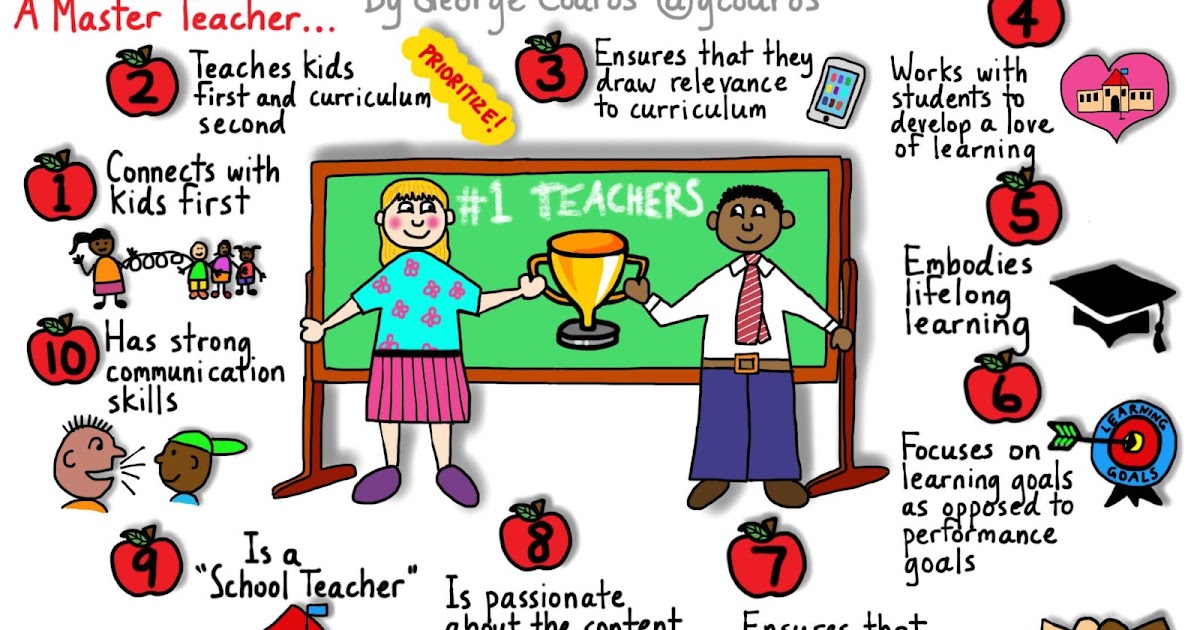
There are a few great math curriculums to choose from. We use Singapore Primary Mathematics, but Right Start Math or Math Mammoth are great options as well.
I also recommend adding fun games that have kids naturally practice their math skills.
Some of our favorite games are:
- Sum Swamp
- Kingdomino
- Dino Math Tracks
- Sleeping Queens
Related: 10 Best Board Games for First Graders
Science
Some people don’t want to start teaching science until kids are older – don’t be that person. Kids need to learn science and they need to start young to begin building up a good understanding of the world around them.
Learning content subjects like science also helps kids build their vocabulary which makes them better readers as well. And the more time kids spend learning about a subject (as long as it gets deeper and deeper and doesn’t just stay on a plateau), the more they will naturally remember and the more connections they will build to understand it all so much better.
We use Building Foundations of Scientific Understanding. Volume 1 covers 2 to 3 years of science and it is such a great thorough curriculum! I also recommend getting, Early Elementary Science Education to go with it. It breaks down the lessons really well and makes the curriculum easier to use.
If BFSU isn’t for you, then check out all the other great Secular Science curriculum available!
History
Just like with science, history is important because it is a content subject that will help kids understand so much more of what they read and references to events from the past.
Homeschoolers often do a 4 year history cycle: ancients in first, middle ages in second, early modern in third, and modern in fourth. Then it repeats. Some people think this is too much or not the right focus. But, it gives kids an introduction to history in the order that it happened. That alone will help them grasp so much more of how different events relate to each other!
So in first grade you would do a year of ancient history. Most kids find this subject FASCINATING! It’s really fun and leads to some great hands on projects as well.
Most kids find this subject FASCINATING! It’s really fun and leads to some great hands on projects as well.
Two great options for Ancient History in First Grade are:
- History Quest: Early Times
- Curiosity Chronicles – Ancient History
We actually use both because they’re both so good and cover things in different ways.
See our list of secular history curriculum available here!
Character Building
Character Building is such an important subject to teach in first grade! At this age, it’s still best to teach through stories and then practicing what they’re learning in real life. We use Mali & Keela as a jumping off point for our character studies.
Art
Teaching kids about art, the art process, and practicing making art is so important for kids! There are tons of great books that will help you along in teaching art. Remember – at this age – it’s about the process, not the outcome!
Check out our most recommended books for teaching art here!
Music
Having a solid music education is so good for kids! Plus music is just fun and enjoyable.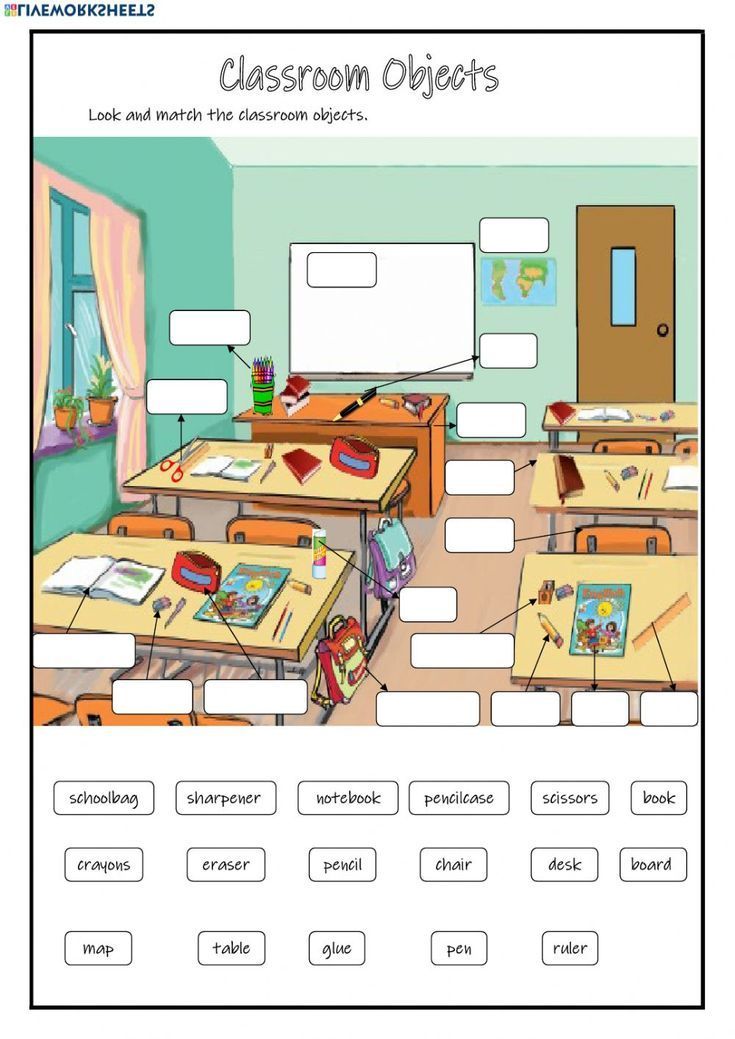 A great music curriculum for elementary age kids is Prodigies Music! We’ve used it for a couple of years and really enjoy it.
A great music curriculum for elementary age kids is Prodigies Music! We’ve used it for a couple of years and really enjoy it.
If your kids are interested in learning to play piano, then I would recommend checking out Hoffman Academy. It’s a wonderful program that is engaging and rewarding. One of our kids is using it to learn to play piano.
Practical Life
Your kids need life skills. These are important habits to build from a young age.
Practical Life Skills for First Grade:
- Helping Wash Dishes
- Helping Put Dishes Away
- Setting the Table
- Clearing the Table
- Cleaning tables and counters
- Folding laundry
- Sweeping
- Dusting
- Cleaning Windows
- Helping Cook
- Making Sandwiches
There are likely many more things you could add to that list, but that gives you a good idea of some of the things you should be having your first grader do with you. Teach as they work alongside you.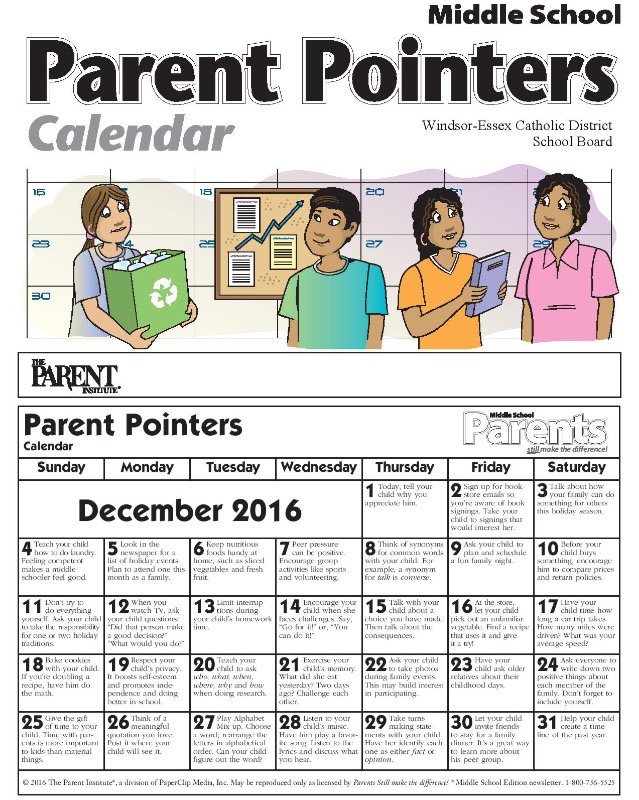
Don’t get me wrong, you don’t need to include them in EVERY household task every day, but make a point of having a couple of expectations of them and including them in a new practical life skill every week or 2.
First Grade Homeschool Subjects
These are all the subjects to teach in first grade. It might seem like a lot, but with the right approach, it really won’t feel like it! Remember, you’re not recreating school at home. You’re homeschooling! Make it fun. Make it cozy. Enjoy your days with your kids, reading books, having good conversations, and exploring the world. Go on field trips that relate to your subjects. Go on field trips that don’t really relate to what you’re studying.
Read Next:
- Creating a First Grade Homeschool Schedule
- Secular First Grade Homeschool Curriculum
- 10 Best Board Games for First Graders
Pin It & Share With Your Friends!
What are the subjects in the 1st grade of schools in Russia
Content
- So, students in the 1st grade will be trained in:
- School load for first graders
- Subject "Mathematics"
- Subject "Russian language and literary reading"
- "World around"
- Subject "Fine arts"
- Subject "Technology"
- Subject "Physical culture"
- Subject "Music"
The Federal State Educational Standards (FSES) compile a list of subjects for each class.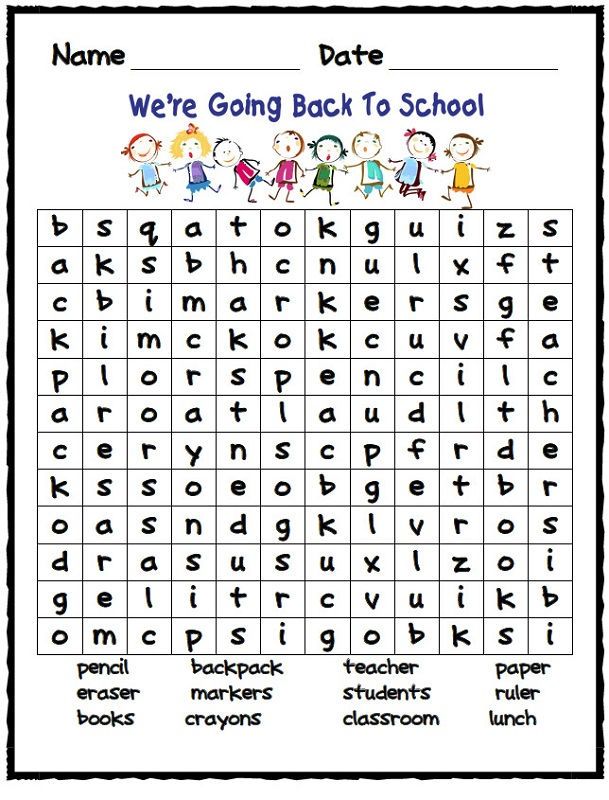 For all subjects, an approximate compiled educational program is provided. Most Russian schools comply with these recommendations and organize the educational process on their basis. At the same time, the directorate of educational institutions has the right to introduce additional subjects for first grade students, but not more than 1 hour per week. Compensates for it 1 lesson in the Russian language, since classes in this subject take place the maximum number of times per week. nine0003
For all subjects, an approximate compiled educational program is provided. Most Russian schools comply with these recommendations and organize the educational process on their basis. At the same time, the directorate of educational institutions has the right to introduce additional subjects for first grade students, but not more than 1 hour per week. Compensates for it 1 lesson in the Russian language, since classes in this subject take place the maximum number of times per week. nine0003
In the 2021-2022 academic year, first-graders will study 8 disciplines. In addition to them, the schedule can be replenished with the ninth subject "Mother tongue and literary reading." Usually, this discipline is added in educational institutions of the Russian national republics, where, in addition to Russian, local residents speak one or more languages. For this lesson, Russian language and literary reading borrow their hours.
So, students of the 1st grade will be trained in:
- Mathematics;
- Russian;
- Literary reading;
- Environment;
- Fine arts;
- Music;
- Physical culture;
- Technologies;
- At the request of the school administration - in the native language and literary reading.
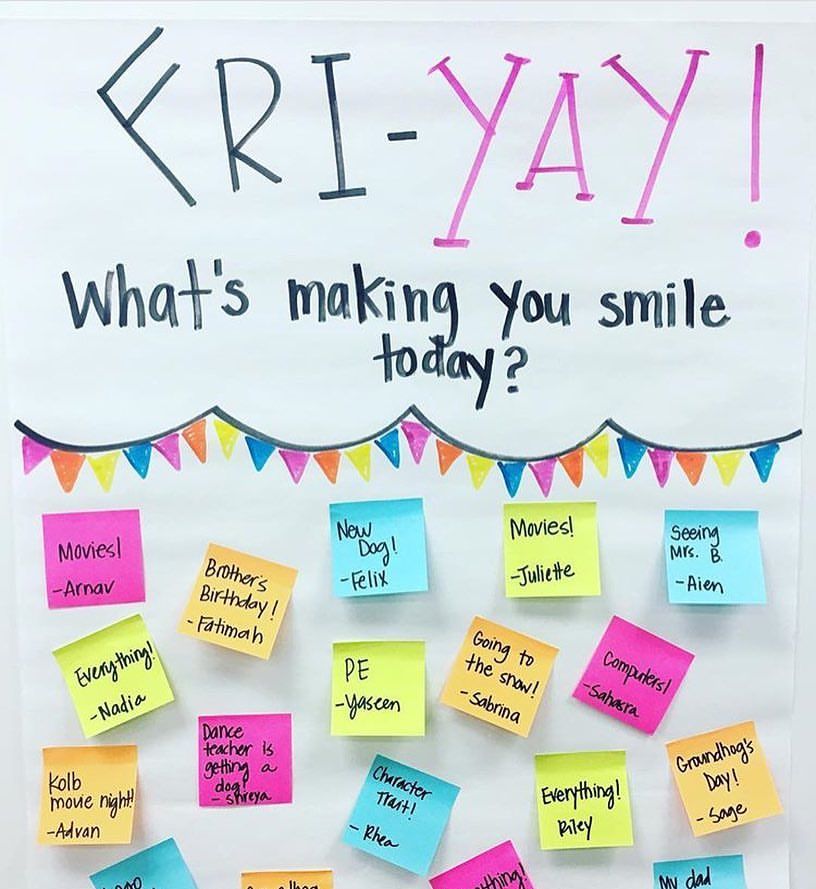
All
30.88%
Mathematics
37.5%
Russian language and literature
11.76%
The world around the world
2.94%
Fine art
2.21%
Music
2.21%
Physical Culture
2.21%
Technology
10.29%
Vooked: 136 9000 9000 9000
School load for first -graders for first -graders.
The volume of the maximum allowable workload for first-graders per year is 693 hours. Next year, this figure will increase to 884 hours. To make it more clear what kind of workload a first-grader will have, let's look at the distribution of hours for each subject during the week. Approximate curriculum provided by the GEF, the following distribution:
- 4 lessons - mathematics;
- 4-5 lessons - Russian;
- 4 lessons - literary reading;
- 2 lessons - the world around;
- 1 lesson - music;
- 1 lesson - fine arts;
- 1 lesson - technology;
- 3 lessons - physical culture.
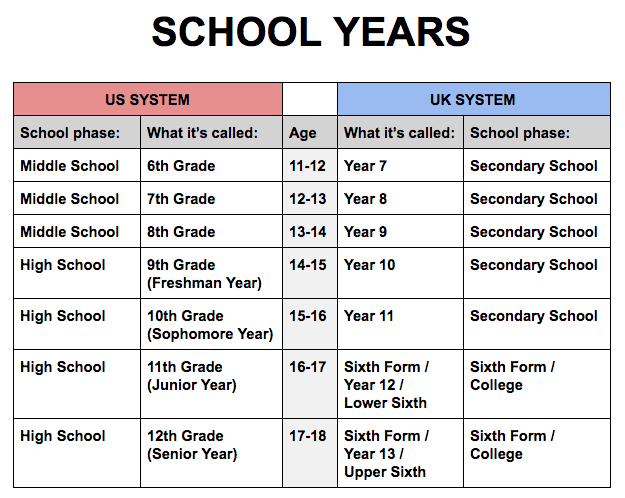
In total, this is approximately 20-21 hours per week. If the school week consists of 5 days, then there will be 4 lessons per day. 1 lesson according to GEF lasts for 35 minutes. Will the duration of the lesson for the second year of schooling be increased to 40-45 minutes? decided by the administration of the institution. Lessons for 1st grade students are always short. nine0003
The contribution of individual subjects to the development and upbringing of a first grader
Subject "Mathematics"
When studying this discipline and solving problems, a first grade student learns:
- generalization and highlighting important;
- Analysis and systematization;
- Finding patterns and establishing cause-and-effect relationships;
- Reasoning and conclusions;
- Logical, strategic and abstract thinking.
Just like regular sports training that gives the body health, endurance and strength, regular math exercises the brain, develops intellectual and cognitive skills, and broadens horizons.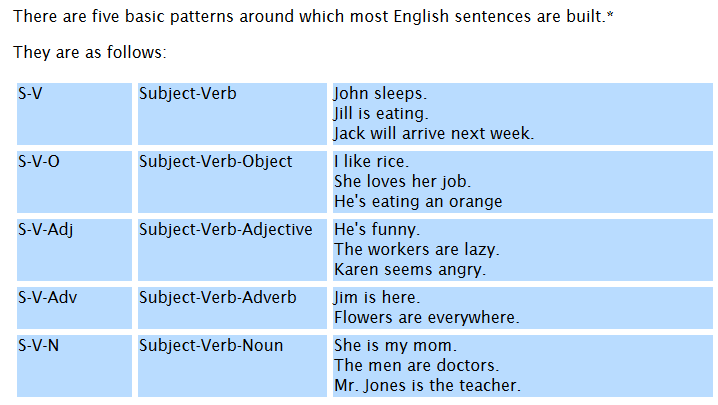 In addition, mathematics helps to train memory, temper character, better master the humanities, solve everyday problems, and develop psychological stability.
In addition, mathematics helps to train memory, temper character, better master the humanities, solve everyday problems, and develop psychological stability.
Subject "Russian language and literary reading"
The program for grade 1 consists of key points:
- Psychological preparation of the child;
- Formation of abilities to read quickly, consciously and correctly;
- Learning basic spelling rules;
- Replenishment of vocabulary and teaching forms of speech etiquette;
- Development of creative interest and activation of independent activity.
Subject "World around"
It is worth noting that even if the availability of knowledge, as well as the assimilation of new information, is an important indicator of development, but not the most important one. According to the definition of the outstanding child psychologist L.S. Vygotsky, the development of a child is the result of education that does not coincide with its content, in other words, these are his personal neoplasms, fundamentally different from those that he had at the beginning of education.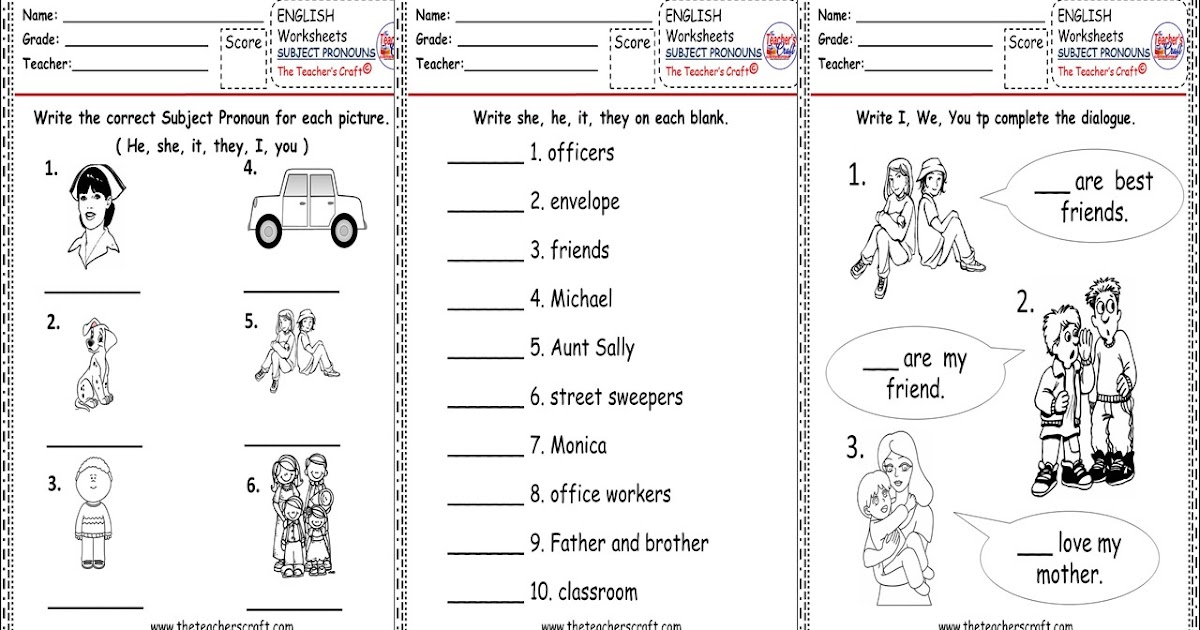 These mental changes take place. The child perceives, imagines, thinks, speaks and remembers in a new way. Personal development also changes. He already understands himself in a different way, controls, gives self-esteem, manages his own actions and feelings, etc. The attitude towards the environment is changing. nine0003
These mental changes take place. The child perceives, imagines, thinks, speaks and remembers in a new way. Personal development also changes. He already understands himself in a different way, controls, gives self-esteem, manages his own actions and feelings, etc. The attitude towards the environment is changing. nine0003
Thanks to this discipline, a first grade student:
- Learns to use the acquired knowledge, select a more rational method for solving a specific problem;
- Strives for independence and initiative, finding ways to obtain information, its generalization and systematization;
- Tries to establish educational cooperation, choose a comrade for work, combine work with him;
- Learns to evaluate his ignorance, to look for the causes of a mistake and the possibility of its elimination; nine0006
- Identifies the need to acquire new knowledge.
One of the key objectives of this subject is that it develops the general culture of the first grader.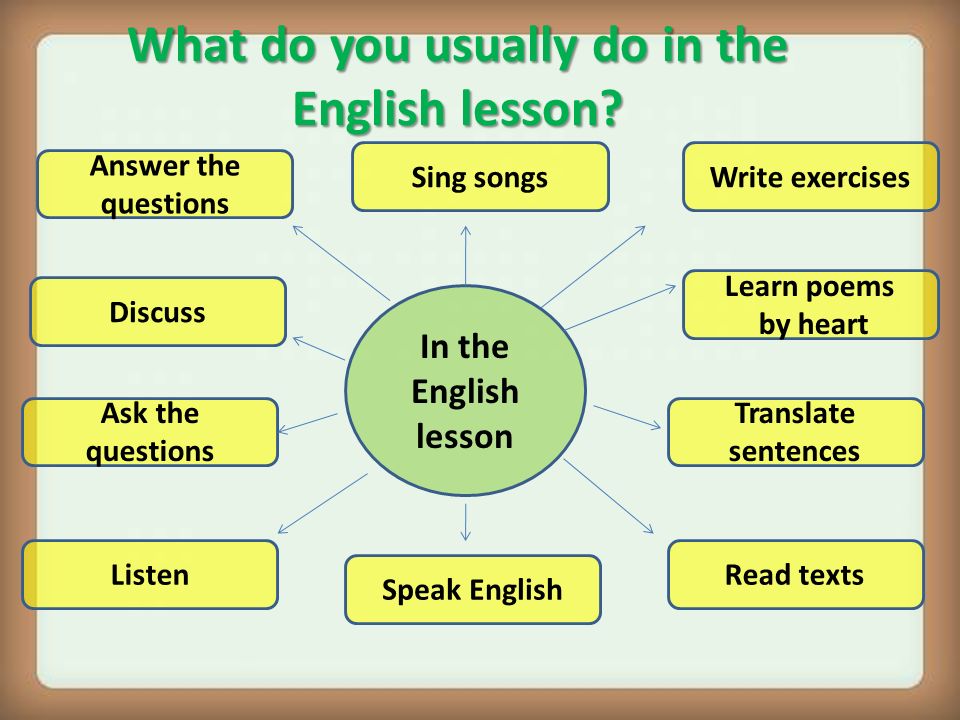 The teacher seeks to form elements of ecological culture in children, to develop moral feelings, a culture of behavior in a social society.
The teacher seeks to form elements of ecological culture in children, to develop moral feelings, a culture of behavior in a social society.
Fine arts subject
- This discipline develops a child's interest in drawing;
- Helps to understand the importance of fine arts in a person's life; nine0006
- Instills in him an aesthetic sense and perception of the beauty of the world;
- Improves artistic taste;
- Forms elementary knowledge concerning types and genres of fine arts;
- Expands artistic and aesthetic horizons;
- Develops emotional perception of works of art, the ability to analyze their content and formulate their own opinion about them;
- Forms knowledge of the elementary foundations of the image;
- Introduces visual techniques and techniques, using different materials, fixtures and tools; nine0006
- Allows you to experiment with non-traditional techniques;
- Teaches fine arts, whether it be drawing, appliqué, modeling;
- The child learns the rules and laws of composition, the management of flowers, the construction of ornaments, and other things that are used in drawing;
- Forms the skills to create the simplest artistic images from life and according to samples, memory, fantasy;
- A first-grader is learning how to make thematic and decorative compositions.
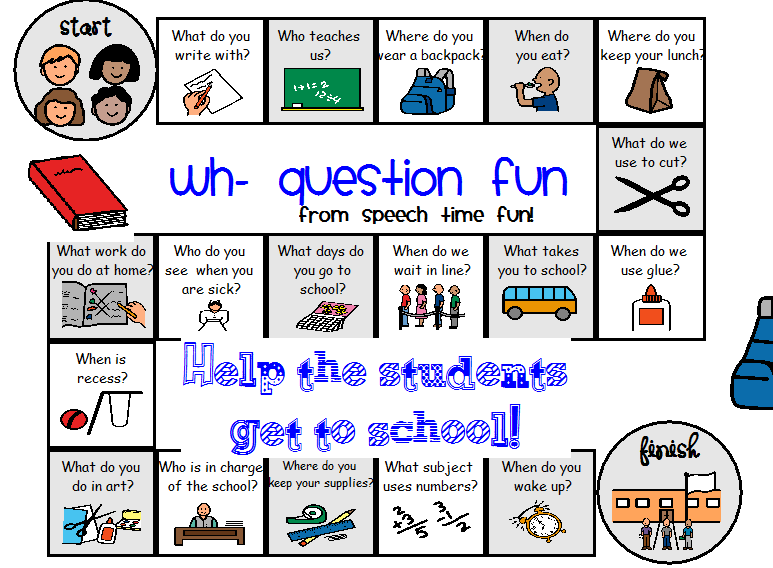 nine0006
nine0006
The subject "Technology"
In the first grade, this subject has a practical focus - to develop the child. This is a supporting subject that forms a system of universal actions in the child in the learning process. The lesson "Technology" includes all the components of educational activities in the form of:
- problem statement;
- orientation in it;
- planning;
- finding a practical solution method;
- visual result. nine0006
At the technology lesson, children practice, build algorithms for correct actions, which they then apply in other classes. Practical work allows you to comprehensively develop the child, including his personal qualities.
Subject "Physical culture"
The physical and emotional state of the child is directly affected by the degree of his activity. There are standards for first-graders in physical education. Already from elementary school, children master the skills of physical education accessible by age category.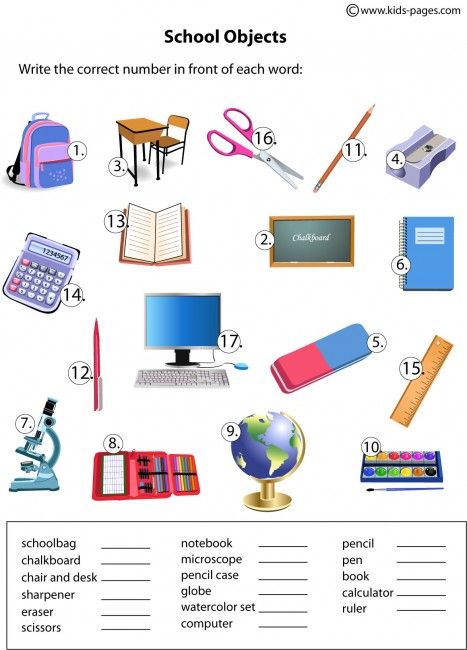 They are taught the value of their health. This item:
They are taught the value of their health. This item:
- Forms and maintains correct posture;
- Reduces the risk of flat feet and scoliosis;
- Helps to deal with stress, splash out negative emotions;
- To master the skills of collectivism and sociability;
- Promotes responsiveness to other children in the class;
- Fights excess weight;
- Releases energy that makes it difficult to focus on other subjects;
- Develops coordination of movements;
- Increases the level of endurance; nine0006
- Improves brain performance.
Music
This is a unique subject in which each student is seen not as part of a class, but as an individual. Of course, the teacher plays a huge role in this, namely, the magnitude of his desire to arouse the student's interest in his lesson, to see talent in him and develop him. What can this discipline give to first-graders:
- Correct life guide; nine0006
- The ability to find oneself in the frantic pace of life;
- Listening to different music in the classroom, the student learns the diversity of the musical world, which makes the understanding of the surrounding world better and more complete;
- Composers and performers help in the perception of the beauty and grandeur of the thoughts that are contained in the musical world of the present and the past;
- When a child learns about the biographies of the greatest musicians, he is inspired by their examples, he begins to draw conclusions, to dream.
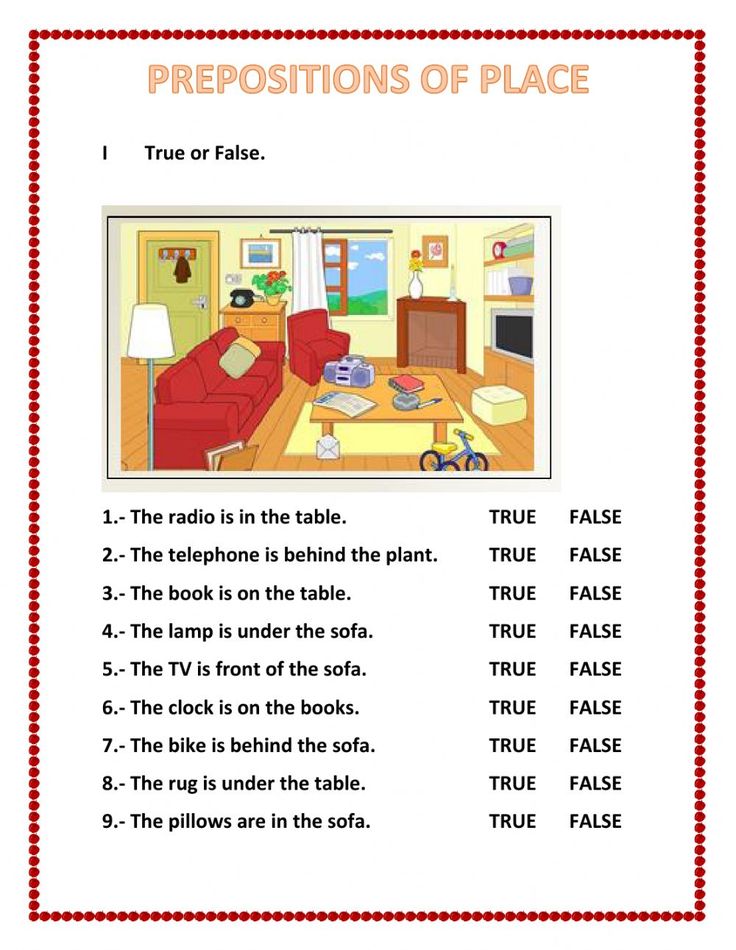 nine0109
nine0109
Some teachers use the technique of "merging music with colors" in the classroom. That is, after listening to a piece of music, children begin to draw their own pictures of what they heard, which helps develop imagination and the ability to think creatively.
Subjects of grades 1-11
1. Ukrainian language (writing)
2. Ukrainian language (reading)
3. English language
4. Mathematics
5. Musical art
6. Fine art
7. Design and technology
8. I explore the world
9. Physical culture
1. Ukrainian language
2. Literary reading
3. English
4. Musical art
5. Fine art
6. Mathematics
7. I explore the world (integrated course)
8. Design and technology
9. Informatics
10. Physical culture
1. Ukrainian language
2. Literary reading
3. English
4. I explore the world (integrated course)
5.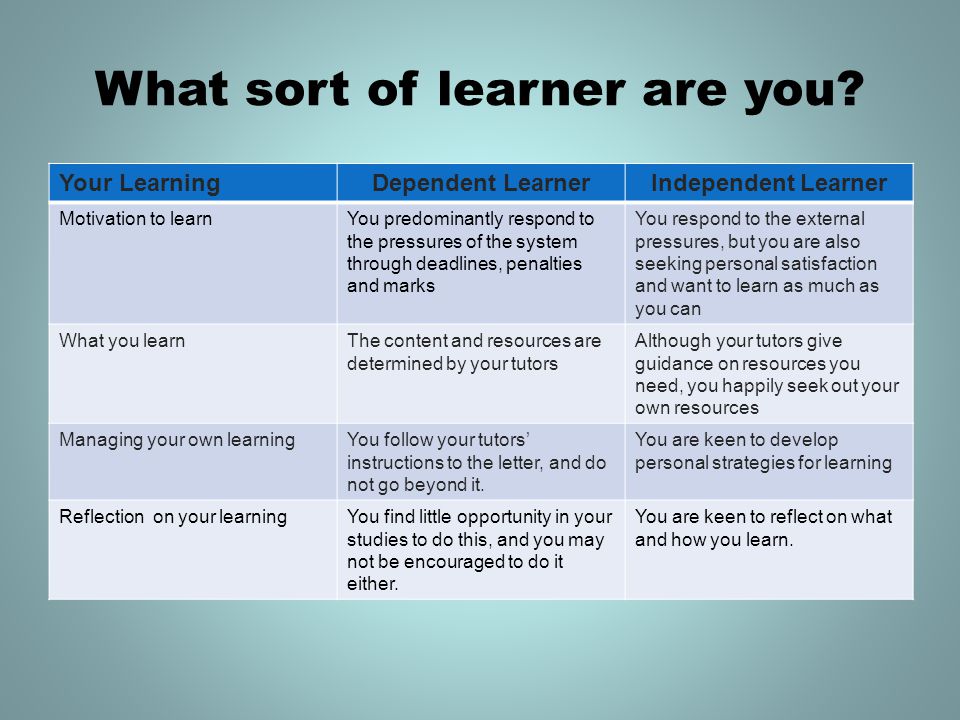 Musical art
Musical art
6. Fine art
7. Mathematics
8. Design and technology
9. Computer science
10. Physical education
Elective:
•
French
1. Ukrainian
2. Literary reading
3. English
4. I explore the world
5. Musical arts
6. Visual arts
7. Mathematics
8. Design and technology
9. Computer science
10. Physical culture
Elective:
French1. Ukrainian language
2. Ukrainian literature
3. Foreign language (English/German)
4. Second foreign language (1 choice): Polish/German/French language
5. Foreign literature 9000 9000 3 literature 6. Mathematics
7. Integrated course "Knowing Nature"
8. Integrated course "Health, safety and well-being"
9. Introduction to the history of Ukraine and civic education
10.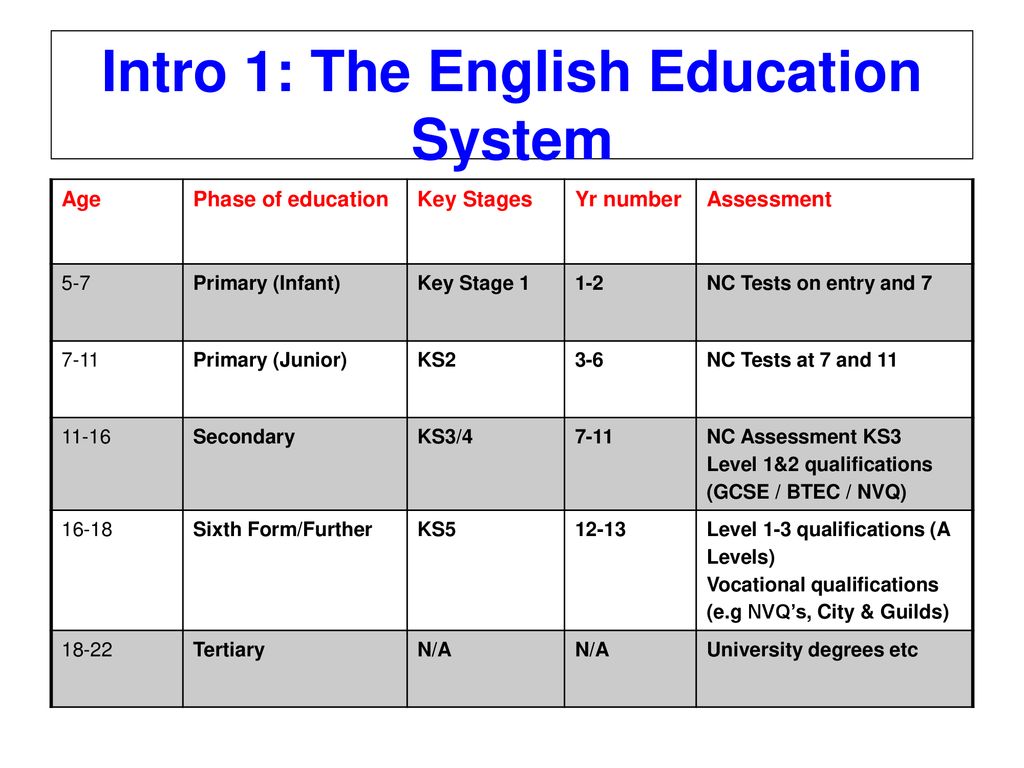 Informatics
Informatics
11. Technologies
12. Fine arts
12. Fine arts
130.02 12. Art Physical culture
Optional:
•
Polish language
•
German
•
French language
1. Ukrainian language
2. Ukrainian literature
3. Foreign language (English/German)
4. Second foreign language (1 choice): Polish/German/French language
5. Foreign literature
6. History of Ukraine and world history (integrated course)
7. Musical art
8. Visual arts
9. Mathematics
10. Biology
11. Geography
12. Technology
13. Informatics
14. Fundamentals of Health
15. Physical Education
Elective:
Polish language
•
German language
•
French language
1.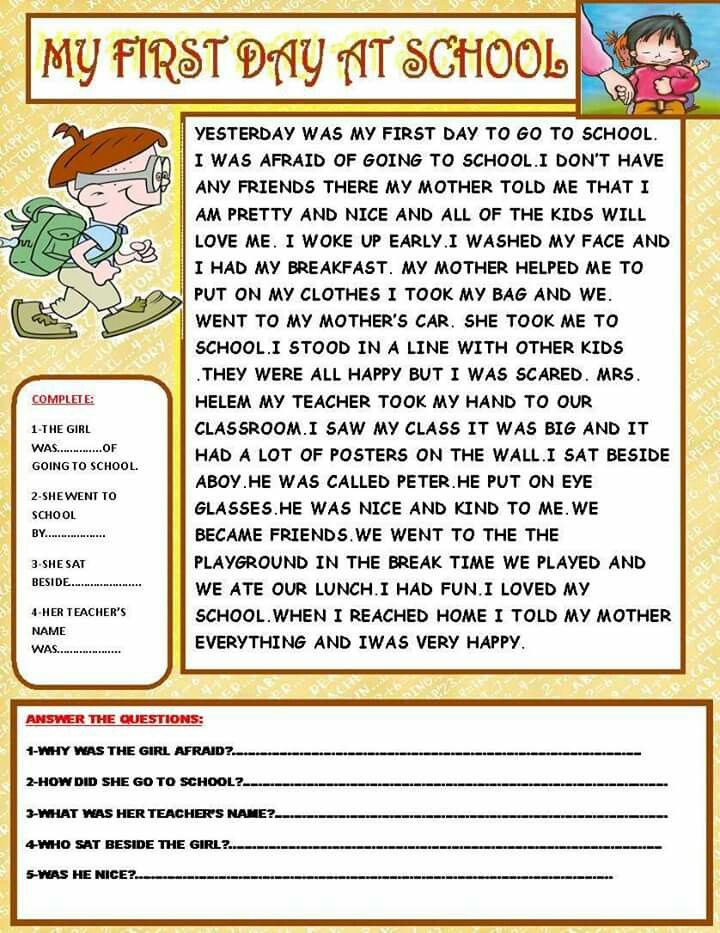 Ukrainian language
Ukrainian language
2. Ukrainian literature
3. Foreign language (English/German)
4. Second foreign language (1 choice): Polish/German/French language
5. Foreign literature
6. History of Ukraine
7. World history
8. Musical art
9. Fine art
10. Algebra
11. Geometry
12. Biology
13. Geography
14. Physics 9. Physics 9. Phy0003
15. Chemistry
16. Technology
17. Informatics
18. Fundamentals of Health
19. Physical Education
Elective:
Polish language
•
German language
•
French language
1. Ukrainian language
2. Ukrainian literature
3. Foreign language (English/German)
4. Second foreign language (1 choice): Polish/German/French language
5.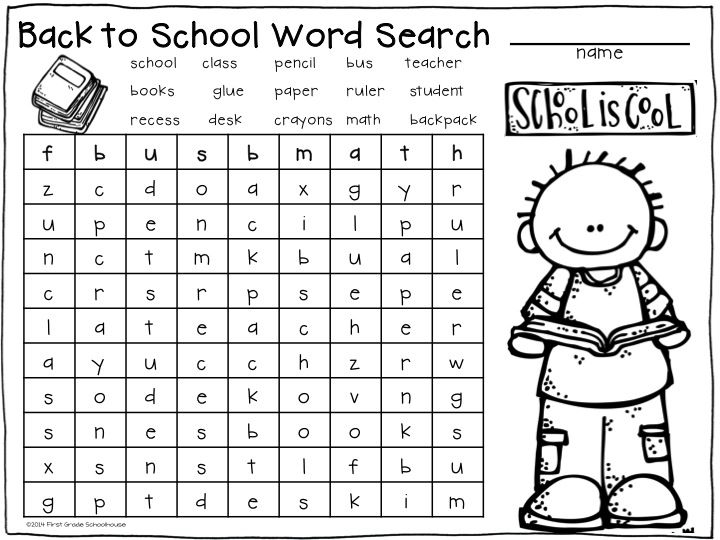 Foreign literature
Foreign literature
6. History of Ukraine
7. World history
8. Art
9. Algebra
10. Geometry
11. Biology
12. Geography
13. Physics
14. Chemistry
15. Technology
16. Informatics
17. Fundamentals of health
18. Physical education
Elective:
•
Polish language
•
German
•
French
1. Ukrainian language
2. Ukrainian literature
3. Foreign language (English/German)
4. Second foreign language (1 choice): Polish/German/French language
5. Foreign literature 9000 9000 3 literature 6. History of Ukraine
7. World history
8. Fundamentals of law
9. Art
10. Algebra
0002 17.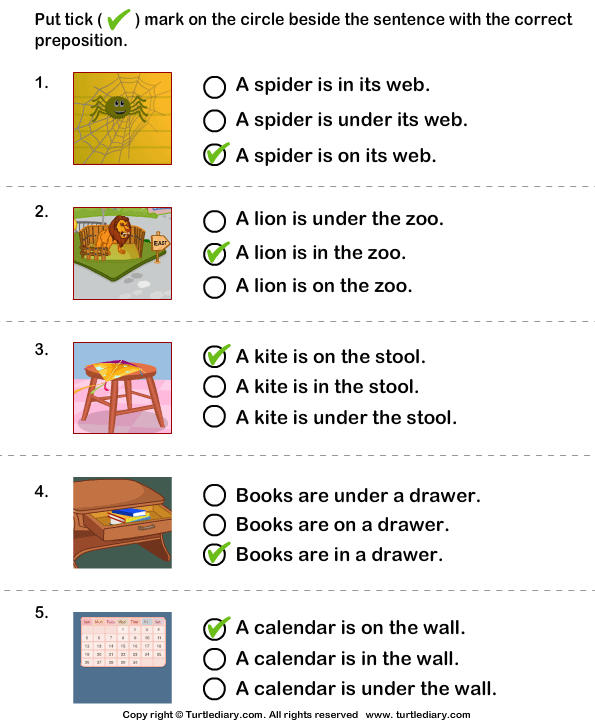 Informatics
Informatics
18. Fundamentals of health
19. Physical education
Optional:
•
Polish language
•
German
•
French
1. Ukrainian language
2. Ukrainian literature
3. Foreign language (English/German)
4. Second foreign language (1 choice): Polish/German/French language
5. Foreign literature 9000 9000 3 literature 6. History of Ukraine
7. World history
8. Civil education
9. Mathematics (algebra and the beginning of analysis and geometry)
10. Biology and ecology
11. Geography
12. Physics and astronomy
13. Chemistry
14. Physical culture
15. Defense of Ukraine
Optional - compulsory subjects (1 subject is selected from the list):
•
Technologies
•
Informatics
•
Art
•
Financial literacy
Optional:
•
Polish language
•
German
•
French language
1.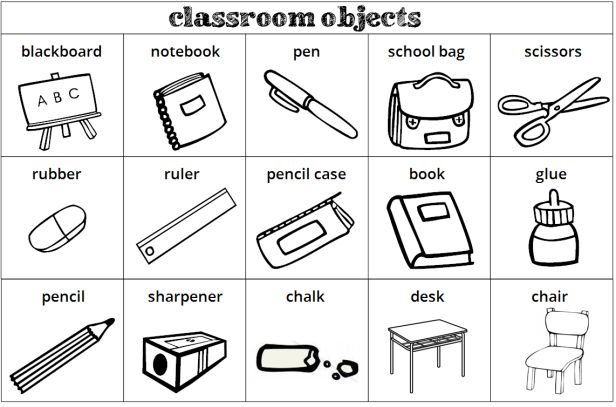 Ukrainian language
Ukrainian language
2. Ukrainian literature
3. Foreign language (English/German)
4. Second foreign language (1 choice): Polish/German/French
5. Foreign literature
6. History of Ukraine
7. World history
8. Mathematics (Algebra and the beginning of analysis and geometry)
9. Biology and ecology
10. Geography
11. Physics and astronomy
12. Chemistry
13. Physical culture
14. Defense of Ukraine
Selective compulsory subjects (one subject is selected from the list):
•
3 Technologies
•
Computer Science
•
Art
•
Financial Literacy
Elective:
•
Polish language
•
German
•
French
The working hours of the school are determined on the basis of regulatory legal acts, taking into account the peculiarities of the distance form of education.